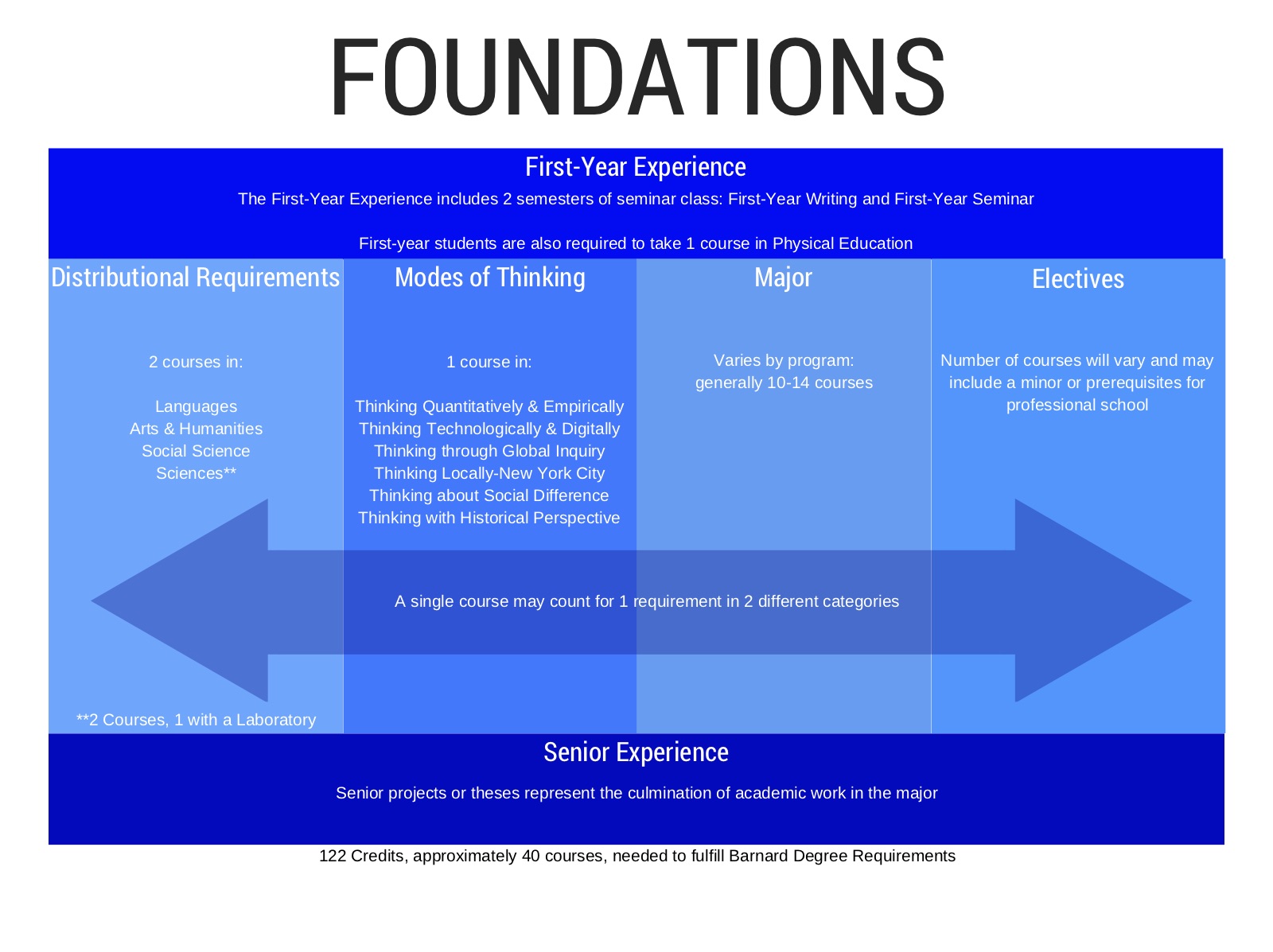Why Are General Education Courses Important?
The purpose of the general education curriculum is to provide students with the foundational skills and knowledge necessary to engage in life-long learning. In addition to developing the basic skills necessary to succeed in the workplace, general education develops students’ intellectual abilities, critical thinking, and aesthetic sensibility. It is the ultimate goal of higher education to prepare students for a successful career. If you are considering taking general education courses, read on to discover the many benefits of taking them.
Enhances communication skills
While most degree-granting institutions require students to complete general education courses, not all of these courses are related to the major they plan to pursue. Many of these courses will help prepare students for success in a wide variety of career fields. These courses will build essential communication skills that will be essential in today’s workplace. These courses include topics like math, psychology, and English. They can also prepare you for a variety of jobs, including business or healthcare careers.
Students who take these courses develop skills in communicating ideas, generating and exploring them, organizing them, and presenting them in a clear and persuasive manner. These skills will help them successfully communicate their ideas, whether orally or in writing, in a wide variety of contexts. Ultimately, they will gain confidence in their ability to communicate effectively, and will become more marketable when applying for jobs. Moreover, they will learn how to develop content, consider the context, and write with clarity and precision.
Develops critical thinking
The goal of Critical Thinking classes is to equip students with a set of skills that will help them succeed in a variety of courses throughout their college career. Students will learn the importance of examining evidence, evaluating multiple sources, and incorporating counter-claims into their reasoning. The result is an intelligent investigation based on supporting evidence and an in-depth analysis of the problem. In addition, students will acquire the ability to formulate a hypothesis for further study.
San Diego State University’s General Education program includes a comprehensive assessment of the program. A standing committee of faculty and students reviews the program and develops new concepts and course offerings. The resulting dashboards provide a broad overview of what students can expect to learn in the General Education program. Overall, the program prepares students to live in a changing world, including a globalized economy, technological innovations, and unforeseen shifts in power.
Develops computer skills
Computers have become a ubiquitous part of our daily lives, and students must have the computer skills to use them effectively. These skills can be learned through general education courses, which often include instruction in software, word processing, spreadsheets, and Internet skills. General education courses also provide essential computer skills, such as preparing students for careers that require them to use computer technology. These courses include computer programming, internet safety, and the use of a variety of computer applications.
A campuswide general education curriculum requires students to demonstrate a high level of mathematical reasoning, information gathering, and evaluation. Students must complete an examination to place themselves in a mathematics course at a Level 6 or higher. Students must also demonstrate their computer proficiency through courses in Information and Digital Literacy (ICT), as well as writing. These courses are required for all students and help them develop the skills they need to apply their knowledge and skills outside of the classroom.
Improves employability
Faculty development in general education is essential to the continued mobility of teaching staff as well as the faculty at large. One recent study showed that 68 percent of faculty who participated in grant-funded general education development activities were not at their university five years later. Furthermore, faculty at research universities experience higher attrition rates than other faculty. In addition, faculty who participate in professional development around GE issues must involve all those involved in the field, including advising faculty, academic staff, and administrators of GE budgets. The Faculty Senate represents the corporate body of the faculty and should ensure that all the members of the GE community are involved.
A successful general education program requires permanent funding, and a mechanism for addressing enrollment increases. Unfortunately, large undergraduate colleges have a huge stake in maintaining the status quo and funding graduate students through large general education courses. To overcome this hurdle, GEVC must provide clear incentives to these institutions to change. Ultimately, GE will have to compete with the highly competitive degree market for the next decade. That said, the future of general education is bright!
Develops soft skills
Many experts emphasize the importance of developing soft skills outside of the classroom. These experiences can range from volunteering to study abroad programs to internships. They can expose students to different cultures and help them prepare for an increasingly diverse workplace. One simple advice given by Tolley to students in high school is to get a job. Even if it is in the service industry, a job can help students develop their interpersonal skills and communication.
A student who develops critical thinking is more likely to find solutions to problems instead of just copying them. Students develop this skill by identifying problems and developing their own solutions. This skill can be applied in many industries. Employees with a critical mindset are more likely to come up with creative solutions in the workplace. However, a general education class may not teach these skills directly. Rather, the instructor will try to help students develop them.



